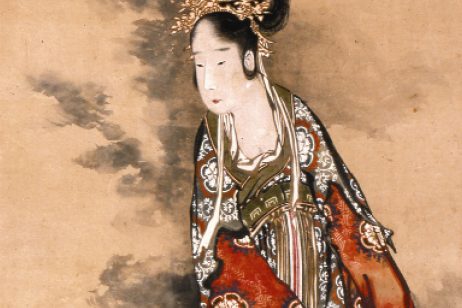28 September 2005
The Japanese Employment System: Adapting to a New Economic Environment
This comprehensive study looks at how the employment system is adapting to its new economic environment. Using the latest statistical evidence, the book focuses on the growing use of part-time and other forms of atypical employment relationships, and illustrates how this is expressed in several different parts of the labour market. Particular attention is given to the changing situation of women, the decline of the family enterprise, the problems faced by older workers, the poor prospects for recent high school graduates, and the recent rise in unemployment.
More info